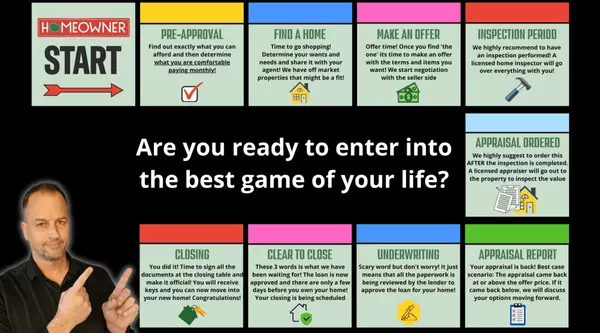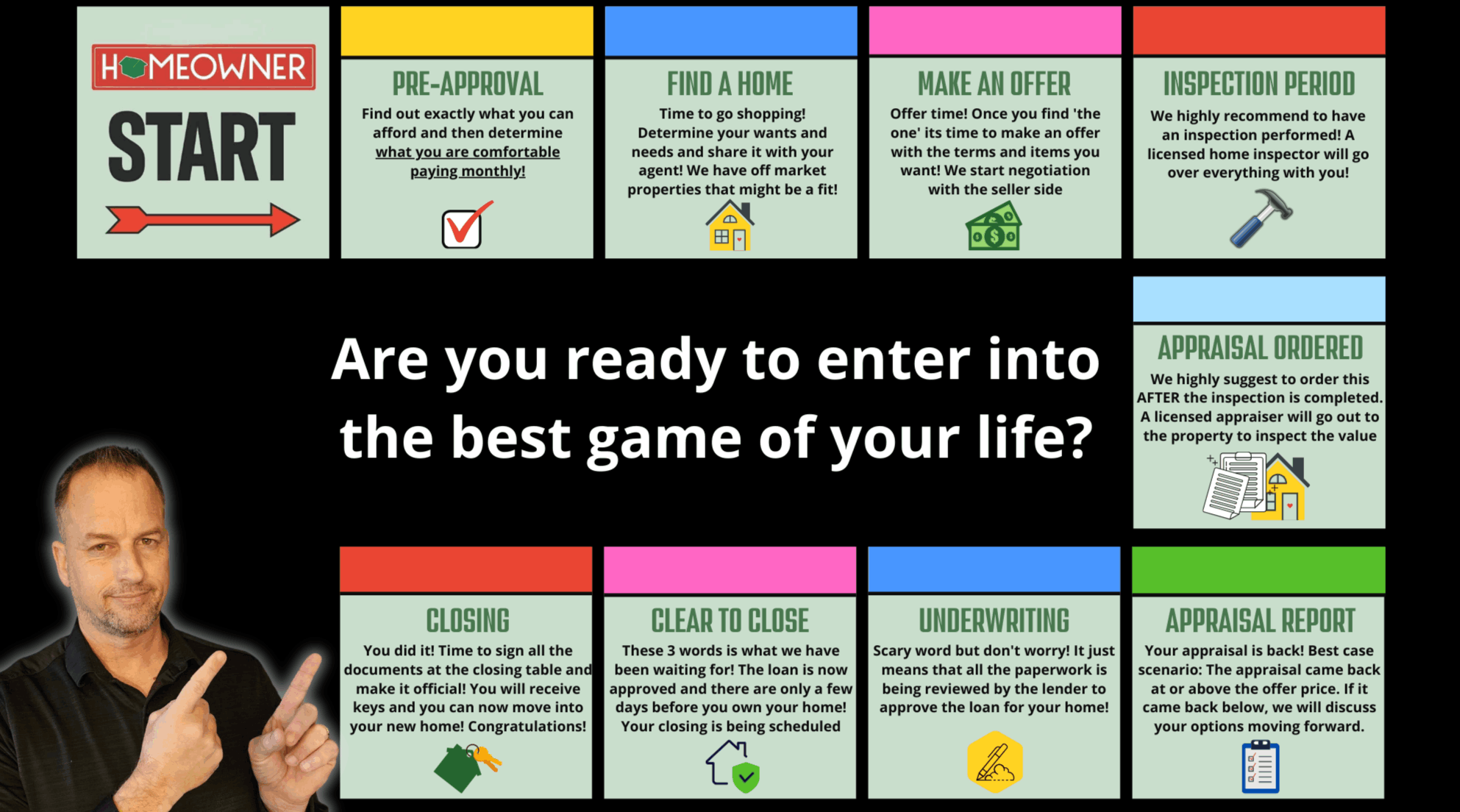Buying Your First Home: A Step-by-Step Guide

Buying Your First Home: A Step-by-Step Guide
Buying your first home is a significant milestone. It's an exciting but complex process. Here's a breakdown to guide you:
1. Financial Foundation
-
Assess Your Finances:
- Credit Score: Check your credit report for errors and work on improving your score. A higher score means better interest rates.
- Debt-to-Income Ratio (DTI): Calculate your monthly debt payments (excluding rent) divided by your gross monthly income. Lenders typically prefer a DTI below 43%.
- Down Payment Savings: Determine how much you can realistically save for a down payment. Common options include:
- Conventional Loans: Typically require 20% down to avoid private mortgage insurance (PMI).
- FHA Loans: Offer lower down payment options (as low as 3.5%).
- VA Loans: Available to veterans and active-duty military with no down payment required.
- Emergency Fund: Aim for 3-6 months of living expenses in an easily accessible account.
-
Get Pre-Approved for a Mortgage:
- Shop Around: Compare rates and terms from multiple lenders (banks, credit unions, online lenders).
- Pre-Approval vs. Pre-Qualification: Pre-qualification is a less formal estimate. Pre-approval involves a more thorough review of your finances and provides a more accurate picture of how much you can borrow.
2. Finding the Right Home
- Define Your Needs and Wants:
- Location: Consider proximity to work, schools, amenities, and desired lifestyle.
- Size and Style: Determine the number of bedrooms and bathrooms, and whether you prefer a single-family home, condo, or townhouse.
- Budget: Set a realistic budget based on your pre-approval and desired lifestyle.
- Find a Real Estate Agent:
- Interview Agents: Choose an agent with experience in your desired area and who understands your needs and preferences.
- Utilize Online Resources: Search for homes on real estate websites like Zillow, Redfin, and Realtor.com.
- Attend Open Houses: Get a feel for different neighborhoods and property types.
3. Making an Offer
- Find Your Dream Home: Once you find a property that meets your criteria, work with your agent to make a competitive offer.
- Negotiate Terms: Be prepared to negotiate on price, closing costs, and any necessary repairs.
- Home Inspection: Schedule a professional home inspection to identify any potential issues.
- Appraisal: The lender will order an appraisal to determine the property's market value.
4. Closing the Deal
- Loan Approval: Once the appraisal is complete and any necessary repairs are addressed, your lender will provide final loan approval.
- Closing Costs: Prepare to pay closing costs, which can include:
- Loan origination fees
- Title insurance
- Property taxes
- Attorney fees
- Signing Documents: Review all documents carefully before signing at the closing.
- Get the Keys: Congratulations, you're a homeowner!
Tips for First-Time Homebuyers:
- Start Early: The home buying process takes time. Begin your research and financial planning well in advance.
- Get Organized: Keep track of all documents, communication, and deadlines.
- Ask Questions: Don't hesitate to ask your agent, lender, or other professionals any questions you have.
- Be Patient: The process can be frustrating at times, but remember to stay patient and persistent.
Buying your first home is a major investment. By following these steps and working with qualified professionals, you can navigate the process successfully and achieve your dream of homeownership.
Categories
Recent Posts

Making a Strong Offer: Strategies for Writing a Competitive Offer, Including Contingencies

Pricing Your Home Right: Strategies for Determining the Right Asking Price Based on Market Conditions and Comparable Sales

Buying Your First Home: A Step-by-Step Guide

Finding Your Dream Home: A Guide for First-Time Buyers

Get the Most Bang for Your Buck When Selling

GET MORE INFORMATION
Follow Us

